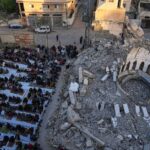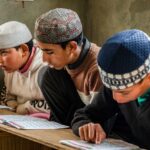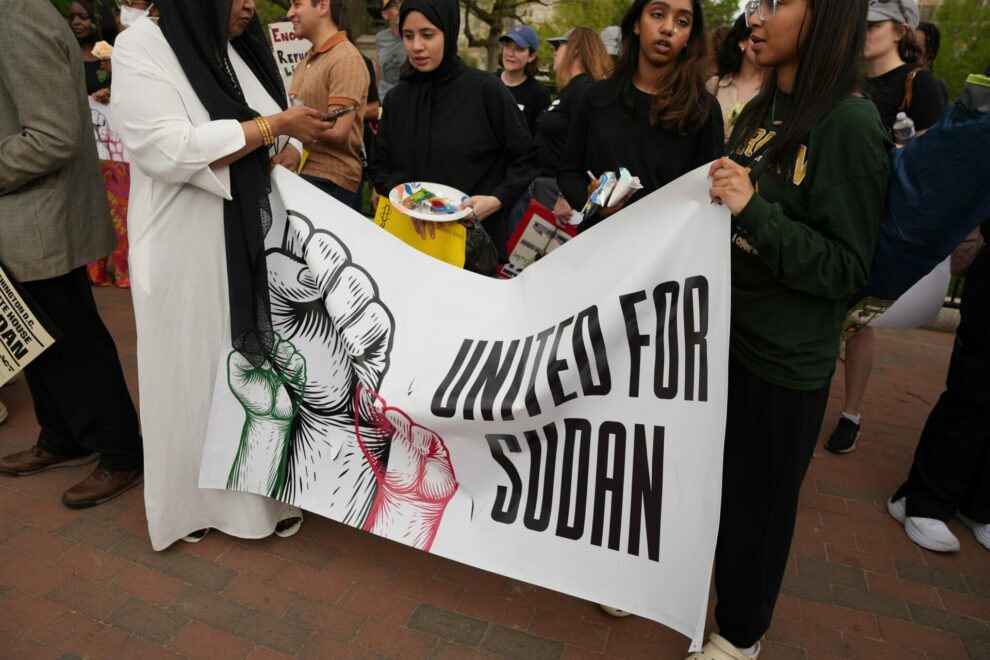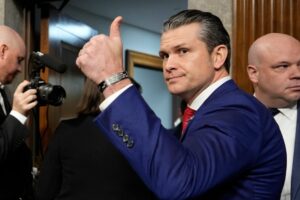Over the past week, differences between the US Special Envoy to Sudan, Tom Perriello, and members of the Forces of Freedom and Change, the Taqaddam political group led by the former Prime Minister, Abdullah Hamdok, began to appear. Hamdok was unwilling to abandon his view that the paramilitary Rapid Support Forces (RSF) should have a role in a post-conflict Sudan. However, Perriello sought to persuade Sudan to drop its legal claim that the United Arab Emirates (UAE) military is supporting the RSF and instead see the paramilitary group declared a terrorist group, which could have no role in the future of Sudan.
The concern to distance the UAE from the RSF has been heightened following Khartoum’s concerted push to register a case in the International Criminal Court (ICC) indicting the UAE for its alleged illegal support of the RSF in the war. Sudan’s complaint in the United Nations Security Council was updated when a letter was distributed to the members showing clear evidence collected by Sudan’s military intelligence of the Emirates’ involvement.
The updated letter to the members of the Security Council included documents found in the Ashura apartments block in Sudan that include the names of the UAE Presidential Guard and the UAE Special Forces that participated with the militia and orders for movement and airdrops and the numbers of the UAE vehicle licence plates and weapons and other important documents that were added to old evidence condemning the UAE.
Since the appointment of the US envoy in February, it was clear that he had built a close relationship with Hamdok and the UAE, where Hamdok resides. The relationship meant that although the envoy had not visited Sudan, many of his comments in a recent interview seemed to reflect one-sided narratives voiced by the UAE. His critical comments of the Sudan government – formerly led by Omer Al-Bashir – condemned the Muslim Brotherhood and its connections with the old regime. He suggested the Brotherhood were behind the current government, accusations repeatedly made by the RSF and the United Arab Emirates.
Commenting on the envoy’s 10 September interview with Sudanese journalist, Professor Luqman Ahmed, Sudanese political analysts such as Ahmad Shomokh accused the US envoy of repeating UAE talking points. “He appeared as if he [Perriello] was volunteering to contribute to strengthening misleading narratives, such as his borrowing of the talk that the mouthpieces of the Abu Dhabi militia sought to establish from the beginning of the failure of its coup and its transformation into a war of extermination, by talking about a ‘war of two generals’ or about an imaginary and delusional role for ‘elements of Al-Bashir’s regime’,” he said.
Eversince the former Prime Minister Abdullah Hamdok tried to arrange a public meeting between the Sudan President Abdel Fattah Al-Burhan and the leader of the Rapid Support Forces in June 2023, it was clear that some of the political forces wanted Mohammed Hamdan Daglo to be included in the future of Sudan. A demand that the Sudan government has continually rejected.
According to sources, the envoy informed the Forces of Freedom and Change (FFC) prior to the Geneva negotiations on 14 August that they could not support a political or military role for the RSF in Sudan. He pointed out that these differences were based on the current view by the American government that the RSF would be excluded from the post war period.
The sources revealed that the new American policy would be to criminalise the RSF while seeking not to criminalise the UAE. Meanwhile, Sudanese Attorney General Al Fath Mohammad Issa Tayfour called for the mandate of a fact finding mission on Sudan to strengthen the principle of integration and support the Sudanese National Committee without any external interference or imposing alternative mechanisms.
In a sudden twist to the strained relationship between the Sudan government and the UAE, observers in Port Sudan confirmed that the entire staff of the UAE embassy have left Sudan. Reports suggest that there was an argument over travel procedures due to the insistence of military intelligence to manually search all the luggage. This decision was initially met with rejection and intransigence by embassy staff, but in the end the intelligence officers were able to search the luggage.
There has been no official confirmation from the UAE, at the time of writing, that the staff have left. However, airport staff have confirmed that UAE diplomats left Sudan a few days ago following a full and detailed search which would not normally take place under diplomatic conditions. Just a month after Sudan’s refusal to take part in negotiations with the RSF, the diplomatic, legal, political and indeed military pressure against the RSF appears to be dramatically increasing.















